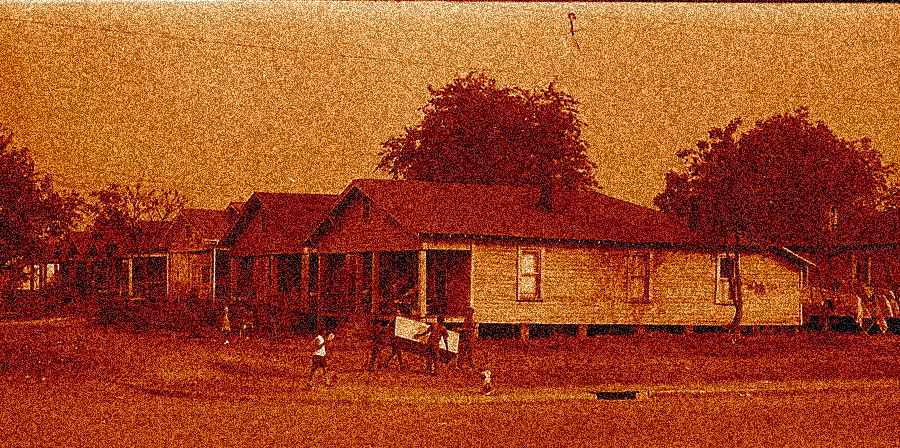A Discourse on Race and Inequality in the United States

he legacy of historical racism created the bulwark of segregation—which continues to divide all Americans. More than fifty years after major civil rights legislation was enacted segregation remains stubbornly embedded in the social fabric of the country creating two nations separated by growing inequality, distrust and wariness.
Deindustrialization pulled the rug from under the communities of color. Between 1910 and 1979, almost half of all African Americans were working in industries. Segregation and racism were utterly suffocating, but as more Black men and women found work, it brought greater economic stability to their lives.
The instability and volatility that characterize so many of the inner city communities today directly follows from the structural changes in the economy that caused the disappearance of these industrial jobs that supported the African American work force. As work disappeared, and incomes hit bottom supermarkets, banks, department stores, restaurants, movie halls, doctor’ offices started moving away. What was left behind in the ‘devalorized’ communities were liquor stores, pawn shops, pay day loans, bail bonds and a few fast food places. In the absence of real jobs, public assistance and the underground economy based on what Sudhir Venkatesh calls “outlaw capitalism†took root.
How has the country responded? Instead of serious public policy to build and strengthen  schools, investments in public work projects to boost employment, providing loans for small businesses, job training, job placement, quality day care, transportation, affordable housing, investments in building and repairing infrastructure, bolstering the social safety net—the United States has spent over $1 trillion in its three-decade long war on drugs. The response to a humanitarian crisis has often just been to build more prisons. The demonization of young Black men allows the criminal justice system either to lock them up or kill them—with impunity. And “as things fall apart and the center cannot hold and mere anarchy is loosed upon the world,†how might the narrative change?
By Kasturi